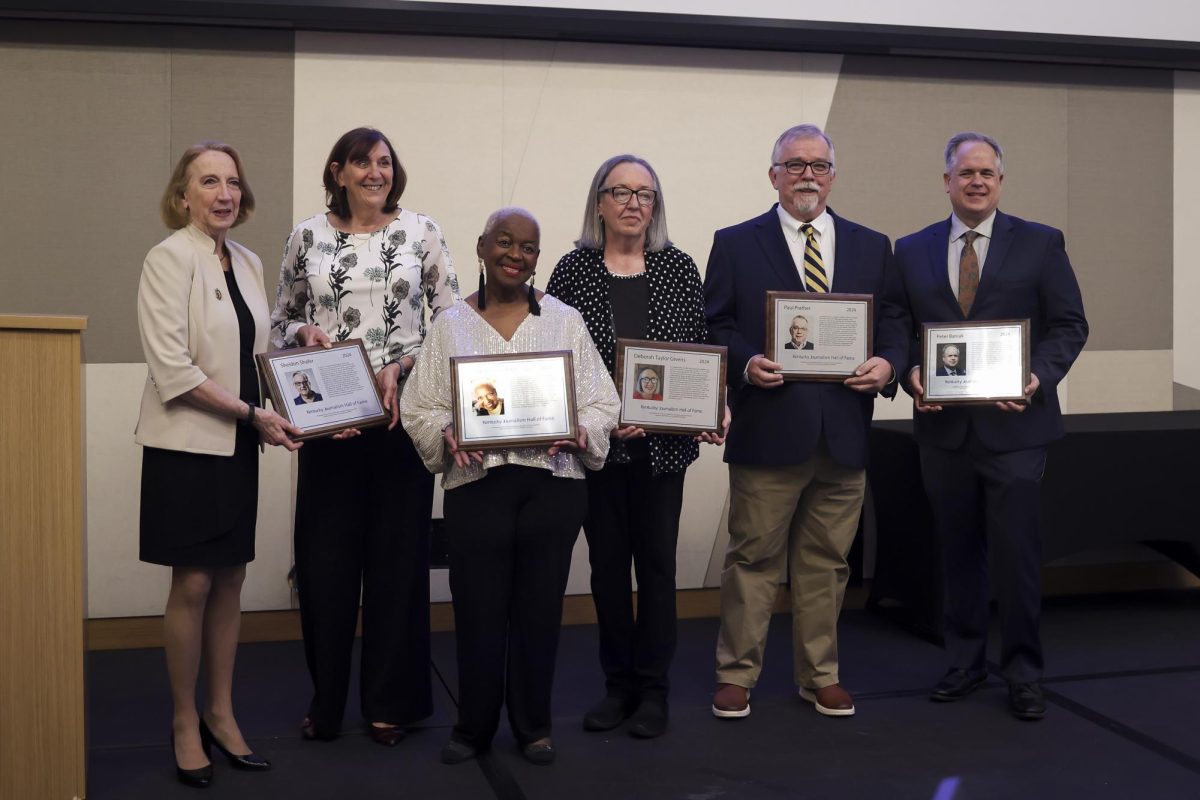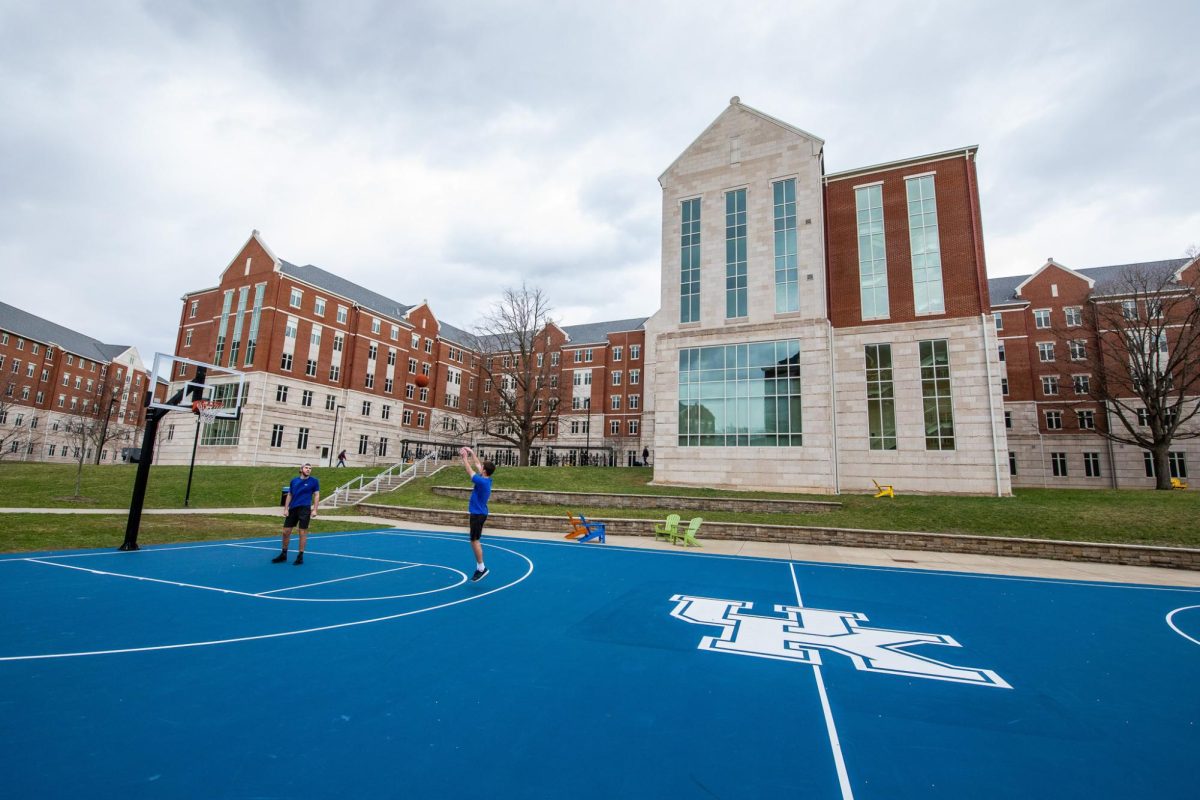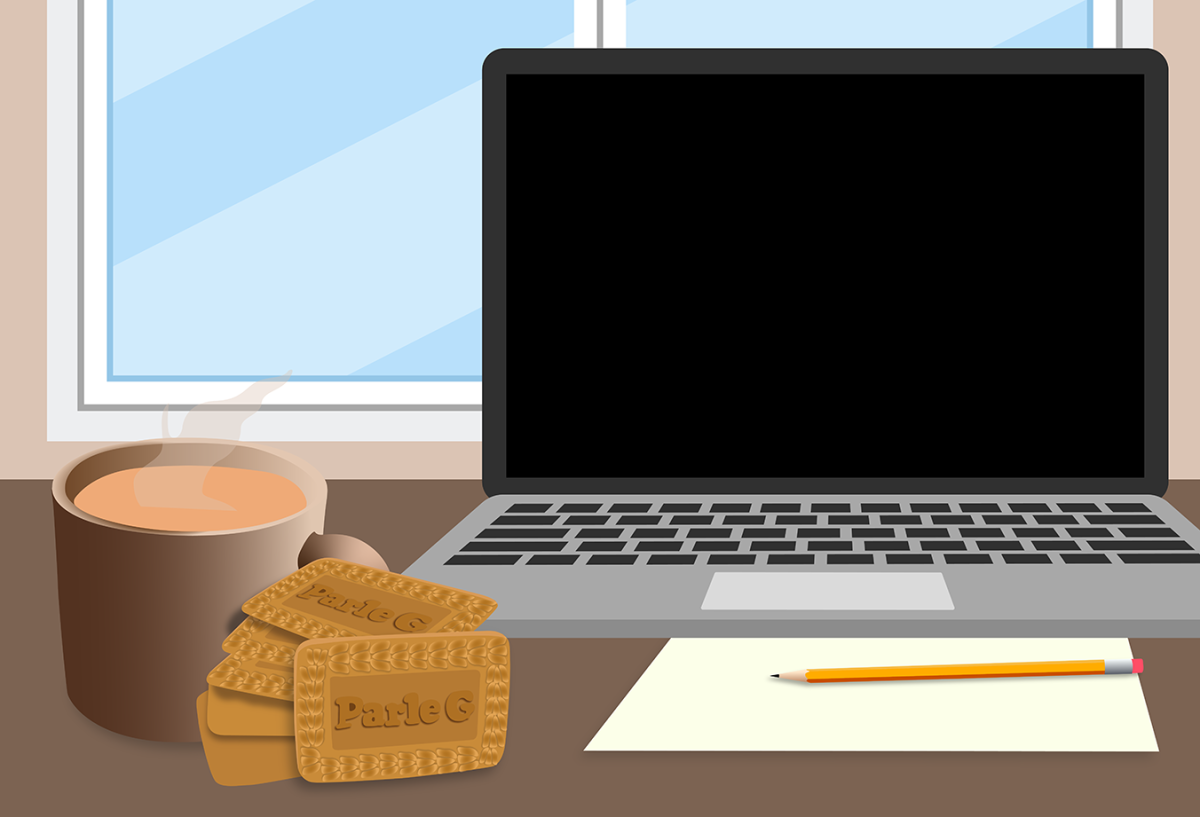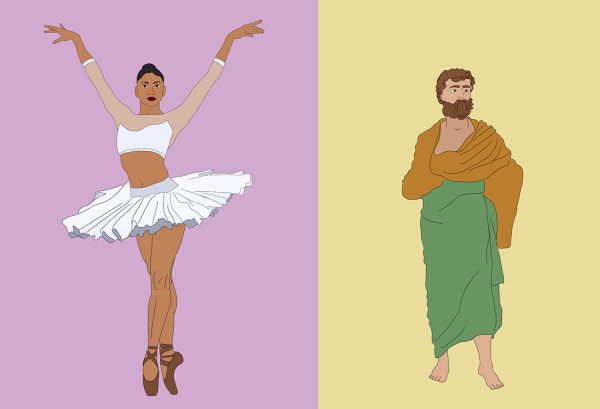Chinese suppression harmful to next generation
March 22, 2015
“What do you think of Tiananmen Square protest in 1989?”
I was asked this question in one of my journalism classes recently, and as a Chinese student, I guess what I said to the class was quite surprising.
“I don’t know much about it,” I said.
For a few seconds I felt a little ashamed about not knowing the answer to a question that is supposed to be a concern of all Chinese people.
What NPR correspondent Louisa Lim said in an article published in USA Today sheds light on why I was unable to answer that question.
“Young people have very little idea what happened in 1989 and very little curiosity or interest,” Lim said.
Indeed, politics were never on my radar.
My parents, nor my friends, talked about it throughout my life as I can remember.
The pro-democracy movement was also completely wiped out from textbooks.
I attempted to search Tiananmen Square protest and related terms using Chinese search engines, but most of the information had been scrubbed off of the Internet. All I could find was what the government wanted us to know.
A survey conducted among four colleges in Beijing found out that only 15 out of 100 students shown the “Tank Man” photo could positively identify the incident.
People who actually know the Tiananmen Square protest are afraid of speaking out because of fear of being arrested.
Before studying abroad in the U.S., I had never deeply thought about censorship and how it has affected the lives of many other Chinese.
After I came to UK and majored in journalism, I started to realize the importance of democracy and the freedoms guaranteed by the First Amendment.
Actually, China does have its own version of the First Amendment. It’s listed under Article 35 of the Chinese Constitution – “Citizens of the People’s Republic of China enjoy freedom of speech, of the press, of assembly, of association, of procession and of demonstration.”
But when government and non-government interests collide, the so-called freedoms are useless.
China has a population of over 1.35 billion. What worked for the U.S. does not necessarily work for China.
I cannot say democracy is the way out when the leader of the town in which I grew up was elected solely based upon how much money he or she had.
But when an estimated 300,000 babies were reported to be sick due to consuming contaminated milk in 2008, when Chinese journalist Li Xiang was stabbed more than 10 times to death for his investigative reporting on illegally recycled cooking oil, when a completely made-up Chinese character, “duang,” is currently trending and being debated on Chinese social media platforms, one thing I know for sure is that censorship is just the tip of the iceberg.




























































































































































